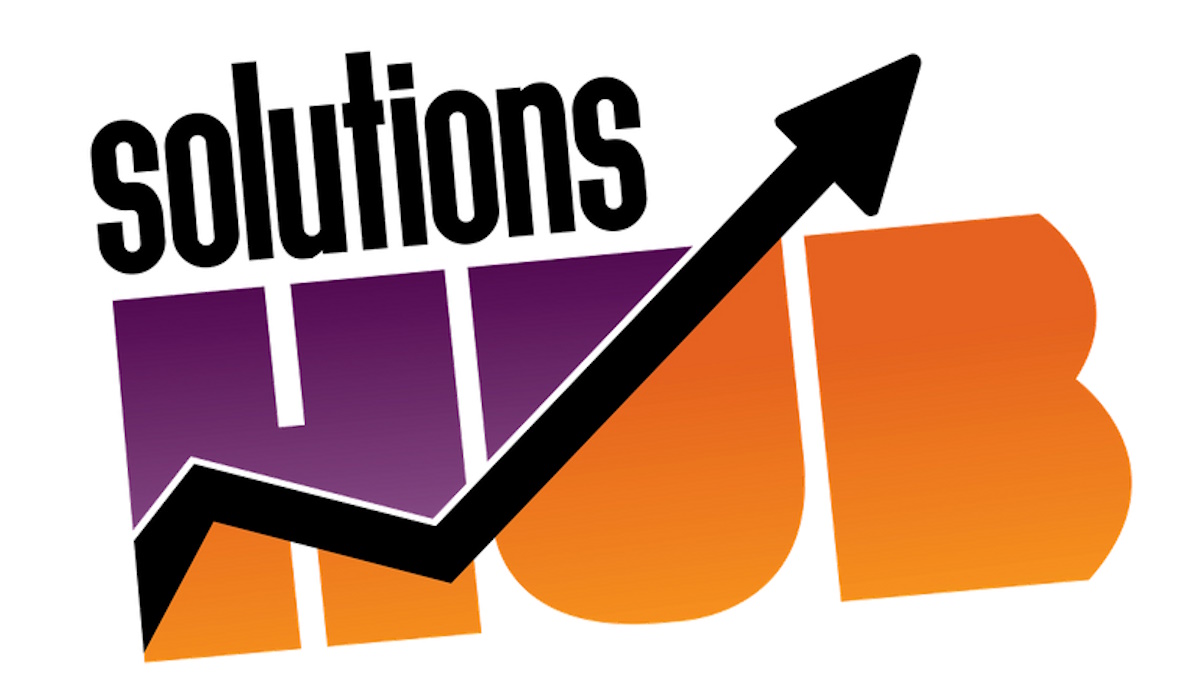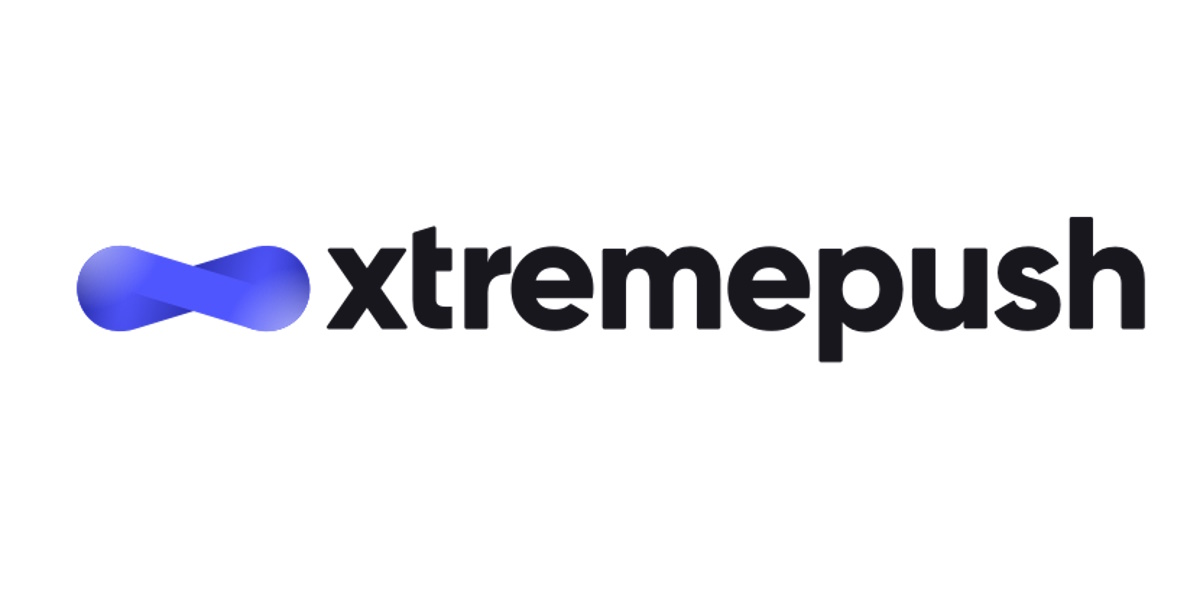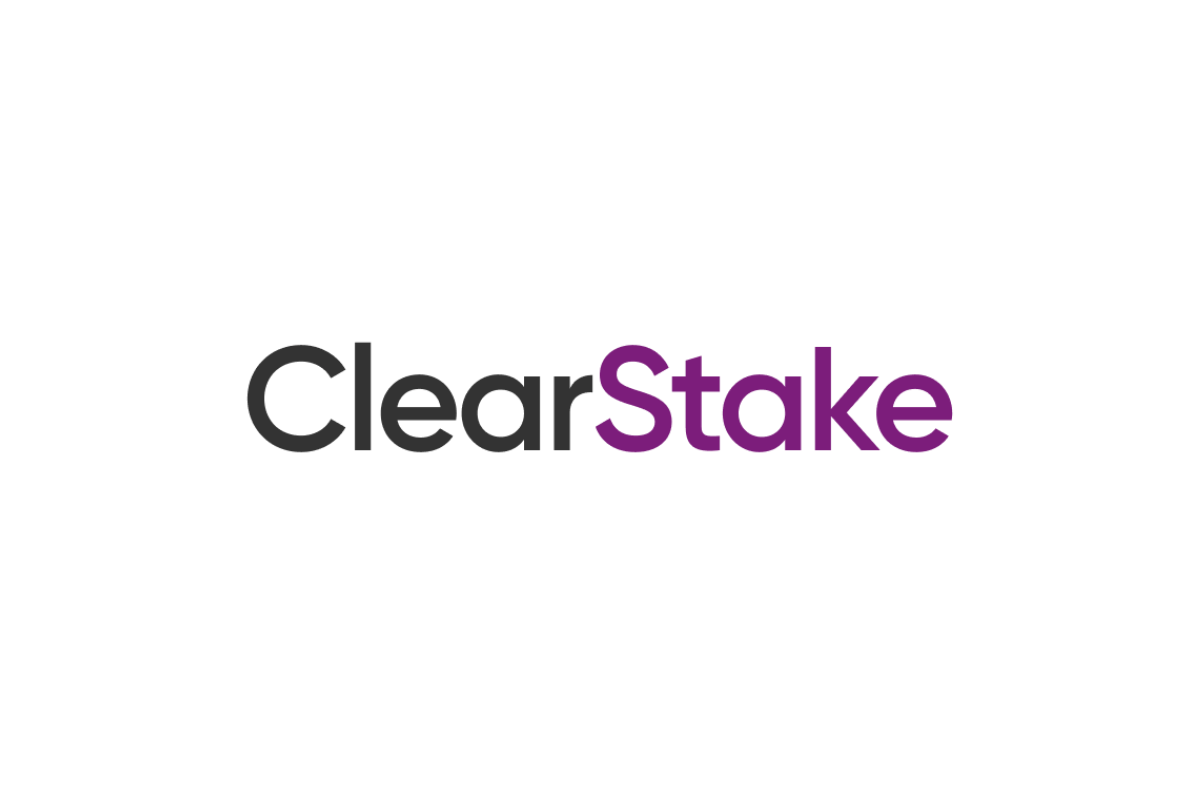European Gaming News
Illegal gambling sees Russian punters pouring over $1 billion per year into offshore shell accounts
 Reading Time: 3 minutes
Reading Time: 3 minutes
At least $1 billion a year is believed to be pouring into offshore accounts of Russian shell companies linked to just one semi-legal but blossoming industry: online gambling.
This poses a new challenge for Russia as it prepares to host the World Cup in June and July — the country has already been plagued for decades by allegations of match-fixing in its domestic soccer.
No one expects illicit betting to play a role on the pitch when soccer’s most celebrated competition kicks off in 100 days.
But it represents another dark corner of Russia’s economy that the authorities have struggled to police.
“The total turnover volume of the legal and offshore online bookmaking market is more than $2 billion (€1.6 billion) a year,” Anton Rozhkovsky, the director of the government-mandated TsUPIS online betting payment system, said.
“We do not pretend to know if the actual figure is $2.5 billion or $4 billion,” he said. “Around 70 percent of that is illegal, offshore business.”
Pent-up demand for organized gambling was unleashed with the collapse of the Soviet Union and led to glitzy casinos and seedy slot machine halls opening across Russia.
They skirted paying taxes but were not strictly illegal.
The government tried to impose order by shutting them all down in 2009 and allowing bookies to open sport betting shops that instantly gravitated toward soccer.
Improved internet access pushed most of these punters online and produced a legal vacuum filled by scores of anonymous websites with no licenses but burgeoning business.
Russia’s Bookmakers Rating gambling analysis center pegged the entire industry’s annual turnover at $11.8 billion in May 2017, 65 percent of it made in illegal online bets.
It also expected the market to triple in the next five years thanks to high-profile events such as the World Cup.
“We expect colossal interest in the World Cup,” said Alena Sheyanova, spokeswoman for the legally registered bookmaker Leon. “The legal online betting industry is developing at phenomenal rates.”
TsUPIS took its first registered bet in February 2016 and is servicing 15 authorized bookmakers.
One of these is an established Austrian brand that jumped through the hoops to obtain a license last year.
But popular Irish and British bookies do not take Russian bets and the other 14 bookmakers are local startups.
“Most of the rest are small offshore companies registered in the Netherlands Antilles, Costa Rica or European jurisdictions such as Malta and Gibraltar,” said Rozhkovsky.
Bettors going the legal route are required to pay a tax and submit identity papers in person with both TsUPIS and each bookie they use.
The laborious process can take weeks and is simply evaded by illegal websites appearing under the .com rather than Russia’s national .ru domain.
People skirt sporadic bans on such sites by using a virtual private network (VPN) to access the unfiltered internet.
“Because of these technicalities, our business is not developing as quickly as it could,” Leon’s Sheyanova said.
Analysts further worry that “gray money” placed in offshore accounts may allow fixers to illegally profit off Russian soccer undetected.
Anzor Kavazashvili is a former Soviet goalkeeper who played in the 1966 and 1970 World Cups and more recently tried stamping out match fixing after being encouraged by former UEFA boss Michel Platini, who was deposed in 2015 for ethical breaches.
It was 2011 and “Platini told us we were the only country in Europe without an agency in charge of match fixing,” the 77-year-old said in an interview.
“We knew games could be fixed by players, trainers, player agents and referees. So we took on a comprehensive approach.”
Kavazashvili did not last long. A scandal over a refereeing decision led to his independent council being disbanded in 2012.
Suspicious results in games were a staple of Russian soccer from the 1990s into the early 2000s. The most glaring involved smaller teams owned by local governments or businesses and playing far from the glare of the national media.
Kavazashvili said sarcastically that “our respected bookies” often played a leading role.
Some betting houses were especially fond of spreading match fixing rumors to get officials to annul results of clean matches where they were due to pay out on big bets.
The situation in the Premier League seems to have improved with time because teams are increasingly being treated like businesses.
“Clean clubs have appeared whose owners see no profit in fixed results,” said Echo of Moscow radio sport commentator Anton Orekh.
But the lower leagues remain unmonitored and they, pointedly, receive an estimated one-fifth of all soccer bets.
Source: japantimes.co.jp
Source: European Gaming News

European Gaming News
Could the Gambling Commission ban wagering requirements?
Wagering requirements; whether you love them or hate them, with the Gambling Review well underway, there’s never been a better time to debate if they still have a place in modern gambling and whether the upcoming review will ban them once and for all. But first, let’s look at their development and why they are a contentious issue in the industry.
What are wagering requirements?
Wagering requirements are a common term and condition attached to a bonus that prevents players from taking a promotion and withdrawing it immediately. They are applied differently by each gambling brand. Some, like PlayOJO, Paddy Power, MrQ and Betfair, have revolutionised the casino scene by offering no wagering bonuses. In contrast, others take the predatory route and list bonuses with up to 100x requirements (the average is around 30x).
The requirement is the amount a player must wager at the casino before any winnings made with a bonus are valid for withdrawal. In the case of a £100 bonus, a 30x requirement would mean a player must wager a total of 100×30=£3,000 before they could withdraw any winnings. Most players would easily decimate their winnings before fulfilling the condition and, as most bonuses expire within 7-14 days, may well be forced to play for periods, or at times, they otherwise might not.
Why do wagering requirements exist?
In the early days of online casinos, bonus hunting among players became widely popular. It led to forums where players shared information on where and how to profit from the best welcome bonuses, earning money from the available offers available and never playing at a site again.
As casinos began to notice players taking bonuses and withdrawing without using them fairly, they combatted the practice with wagering requirements and other terms, such as the ability to withdraw a bonus and any winnings made if an account was suspect of this activity.
However, with no limits or official licensing rules to regulate wagering requirements at that time, things soon got out of hand as operators set high limits that were and still are unattainable to most players. Additionally, in many cases, the terms and conditions were not clearly displayed or explained, leading to the confiscation of bonuses and winnings without players understanding how or why they’d fallen foul of the casino’s rules.
Wagering requirements under fire with UKGC
By 2014, and following a flood of player complaints, the Gambling Commission weighed in, creating the Gambling (Licensing and Advertising) Act which prescribed operators were to advertise their bonus terms and conditions clearly and explain them to players. This led to some reducing their requirements to more feasible levels. However, not all operators followed suit, hence why we’re still discussing wagering requirements today.
More recently, in February 2022, the UKGC set its sights on reforming wagering requirements again, issuing new guidance regarding fair and transparent terms and practices, which acknowledged that wagering requirements could lead to excessive play, not in line with social responsibility rules for operators.
The new guidance rules cited that licensees used potentially unfair terms, with examples including:
- “terms that allow licensees to confiscate customers’ un-staked deposits
- terms regarding treatment of customers’ funds where a licensee believes there has been illegal, irregular or fraudulent play
- promotions for online games that have terms entitling a licensee to void real money winnings if a customer inadvertently breaks staking rules
- terms that unfairly permit licensees to reduce potential winnings on open bets.”
It also stated that the Commission was aware of:
- “terms and conditions that are difficult to understand
- welcome bonus offers and wagering requirements which may encourage excessive play.”
While the guidance did not contain rules for abolishing or limiting wagering requirements, they instructed licensees to review their terms and conditions to ensure they fit consumer protection laws and that; “The LCCP requires rewards and bonuses to be constructed in a way that is socially responsible. Although it is common practice to attach terms and conditions to bonus offers, the Commission does not expect conditions, such as wagering requirements, to encourage excessive play.”
Will wagering requirements be banned?
With the Gambling Review white paper currently overdue and keenly expected by all industry stakeholders, many wonder if it will cover wagering requirements or, more specifically, exclude them from casino practice. The Gambling Review aims to update the 2005 Gambling Act, fit for the modern age, and wagering requirements would undoubtedly slot into the remit of what’s being discussed, which includes greater player protections and affordability checks.
While it’s clear that some big-name operators and affiliates like No Wagering are pioneering the way in bringing zero wagering bonuses to players, many sites have not followed suit. This is despite clear evidence that players favour fairer bonuses (PlayOJO is one of 39 brands operated by the same parent company, it is the only one with zero requirements, and it’s the most successful of all, according to the company).
Realistically, we’re not sure that the new gambling regulations will ban wagering requirements completely (as we covered earlier, they do exist for a reason), but it certainly wouldn’t be beyond the imagination for there to be a maximum cap applied in the view that excessive requirements equate to excessive play.
What’s next for operators and bonuses if wagering requirements are banned?
Bonuses are one of the most important factors for players in picking between casino sites, and they make players feel lucky to score something for free straight off the bat (even if the wagering requirements mean this is not really the case).
If wagering requirements are banned, operators unwilling to offer bonuses without wagering requirements will have to return to the drawing board and reimagine rewards, especially welcome offers. Alternatively, they could begin competing based on other USPs, such as focusing more on the casino product to pull in the punters by offering unique games, making space for indie developers, having instant withdrawals, or gamified loyalty benefits and better loyalty clubs.
Moreover, it would present a fantastic opportunity for remote operators to move away from the tired system of matched deposit bonuses towards more exciting and fresher ideas like promo wheel spins, mystery gifts on first deposits, prize draws and so on. With brands including PlayOJO, Paddy Power, MrQ and Betfair already doing this, operators do not lack a blueprint to success, just the gumption to embrace a new model.
Bulgaria
Betway Bulgaria officially launches, offers live and bet-builder options
Another company has officially launched its activities in the growing niche of online betting in Bulgaria. But here we are not just talking about another operator licensed by national institutions, but about a leading brand worldwide. Betway is one of the largest bookmakers in Europe and globally, and the fact that it already offers its services in Bulgaria speaks positively about the development of the gambling business in the country.
Indications of an increase in the size of the industry appeared last year, when several operators received a permit to operate under Bulgarian jurisdiction. It is unlikely that this process will end with the official launch of betway bulgaria, rather the brand entering the country can be perceived by international operators as a positive assessment of the market in Bulgaria. What can we find at Betway besides the obvious – increased competition and of course more choice for consumers?
What do we find in the sports section?
Sports betting – this is the leading sector of the company, which started operations in 2006. The brand is associated with a number of teams in Europe such as Tottenham, Atletico Madrid, Leicester, Alaves, Belenenses, Werder, etc. Of course, the top championships in Europe are present in the latest betting platform, but that’s not all. Betway offers the opportunity to make predictions at less popular UEFA championships. The fans of the Bulgarian championship have options too. All matches of the First League are present in the bookmaker’s menu, and are offered with dozens of choices for each of them.
Real-time bets and long-term combinations
Live bets are a big thrill for many players. This option is present at Betway, and this also applies to the mobile version, of course. It is not difficult to detect current events – they come first when loading the platform. And with them the bookmaker really comes up with interesting offers, some of which are rare on the Bulgarian market. The outcome of the bets become clear in literally seconds if the next goal market or one of the performance options is selected.
In addition, the company accepts predictions with a much longer horizon. It is now standard to bet on who will be the champion in England, Spain, Italy or Germany. However, there are also specific markets and selections for certain teams – will Barcelona take the trophy this season, will Liverpool reach the final in at least one of the tournaments in which it participates, etc. And if users don’t find what they’re looking for in these offers, they can always turn to the betting menu. The bet-builder is still limited to one match, from which we can choose two or more selections until the desired odds are formed. This is the most appropriate way to optimize the bet according to personal preferences and therefore it is increasingly preferred by the players.
Betway’s first steps on the Bulgarian market are impressive. And this is just the beginning, we can expect even more in the near future.
European Gaming News
EveryMatrix inks RGS Matrix agreement with Wild Boars
EveryMatrix announces the second RGS Matrix partnership with Wild Boars, newly launched gaming studio that aims to bring creative storytelling and a fresh feel to the gaming industry.
Launched in 2019 as EveryMatrix sixth standalone solution, RGS Matrix enables gaming development teams to distribute, manage, and report upon a proprietary game product portfolio.
This ‘out of the box’ remote gaming server was built on an open architecture and caters for outstanding player experience, consistent deployment, and quicker content integration.
Mathias Larsson, Managing Director of RGS Matrix, says: “This is our second RGS Matrix agreement and it brings me a lot of joy to know that our solution starts gaining momentum in the market. Our remote gaming server aims to help the new generation of game builders by providing all the means to create, design, distribute and manage games.
“The team of Wild Boars is experienced, skilled and highly creative. I am looking forward to seeing their games live and appreciated by players in many countries.”
Oleksandr Yermolaiev, Managing Director of Wild Boars, comments: “We truly believe that choosing a right partner is crucial for success. For us, RGS Matrix and its remarkable team is just that partner. We are excited to use EveryMatrix solution, focus on what we do best and bring our innovative games to a wide range of operators, territories and players. RGS Matrix is dashing ahead and we are happy to join the ride.”
RGS Matrix powers slots and table games, and is currently certified for Malta, Latvia, Lithuania, Estonia, Sweden, Spain, Denmark, Romania, and Colombia, with many jurisdictions to come in the upcoming years.
-

 Latest News2 months ago
Latest News2 months agoFairplay Exchange signs as new sponsor of Stephen Hendry’s Cue Tips
-

 Latest News3 months ago
Latest News3 months ago2 PEOPLE CAUGHT OPERATING ILLEGAL ONLINE GAMING SITE
-

 Latest News3 months ago
Latest News3 months agoWazdan partners with 711.nl for significant expansion in the Netherlands
-

 Latest News3 months ago
Latest News3 months agoPlaytech Extends Partnership with BoyleSports Until 2028
-

 Latest News3 months ago
Latest News3 months agoStarGames Named Premium Partner of the International ADAC Truck Grand Prix 2024
-

 Latest News3 months ago
Latest News3 months agoTekkorp and Circle Squared
-

 Latest News3 months ago
Latest News3 months agoSenet Platform Partners with Beamable
-

 Latest News2 months ago
Latest News2 months agoEuropean Gaming Q1 2024 Meetup: Exploring Innovation, Marketing, and the iGaming Industry Hubs




























You must be logged in to post a comment Login